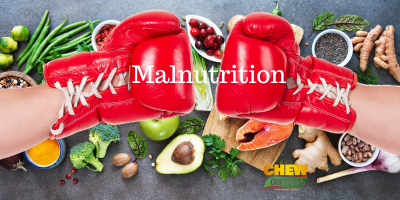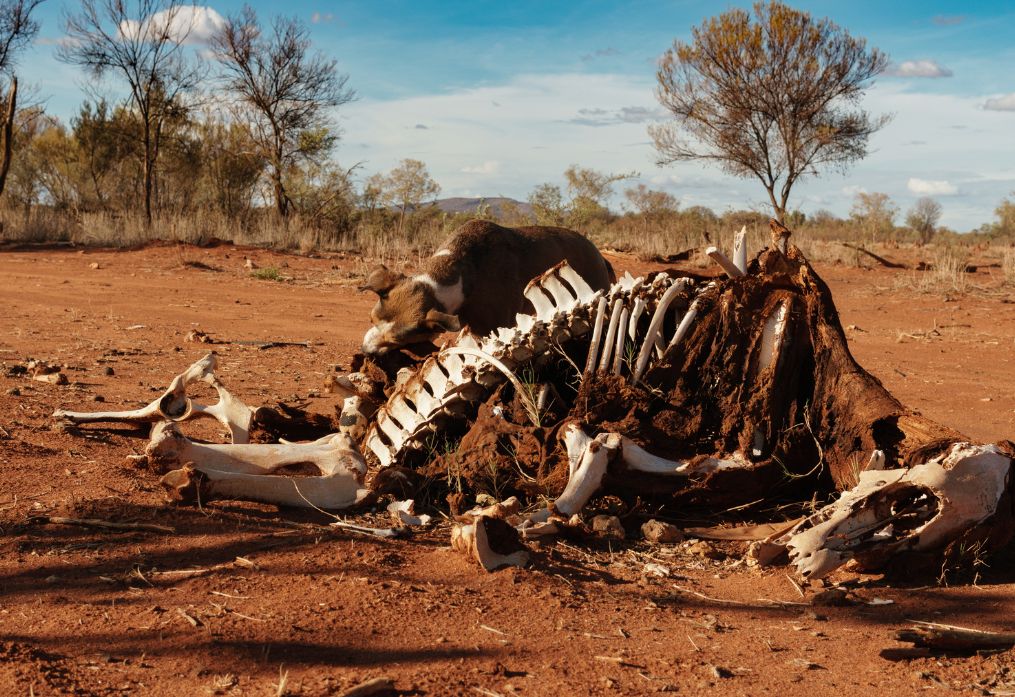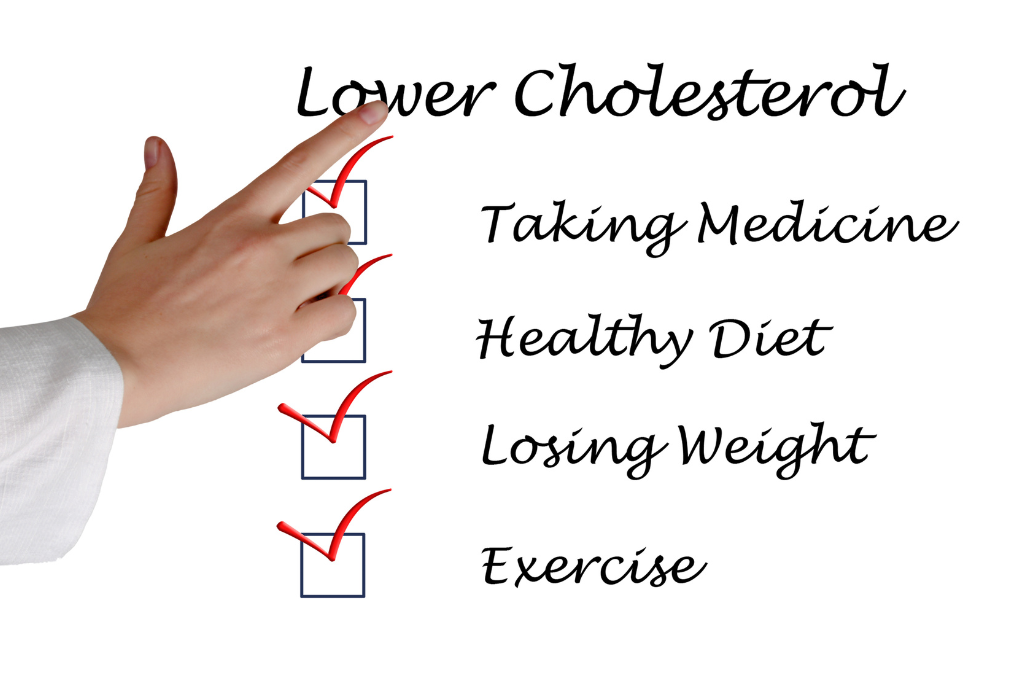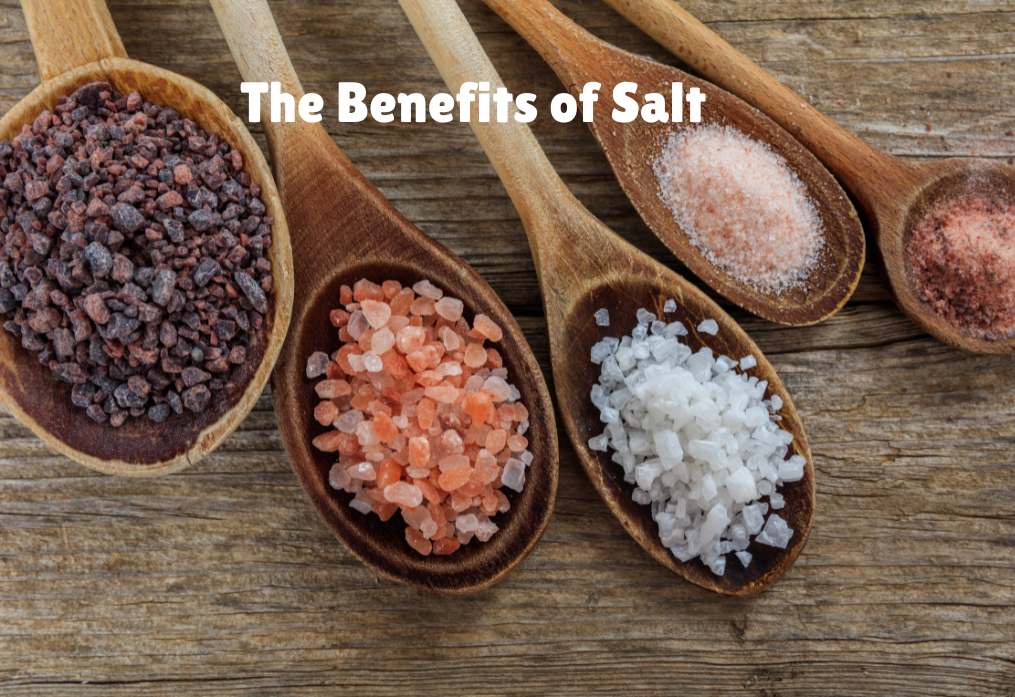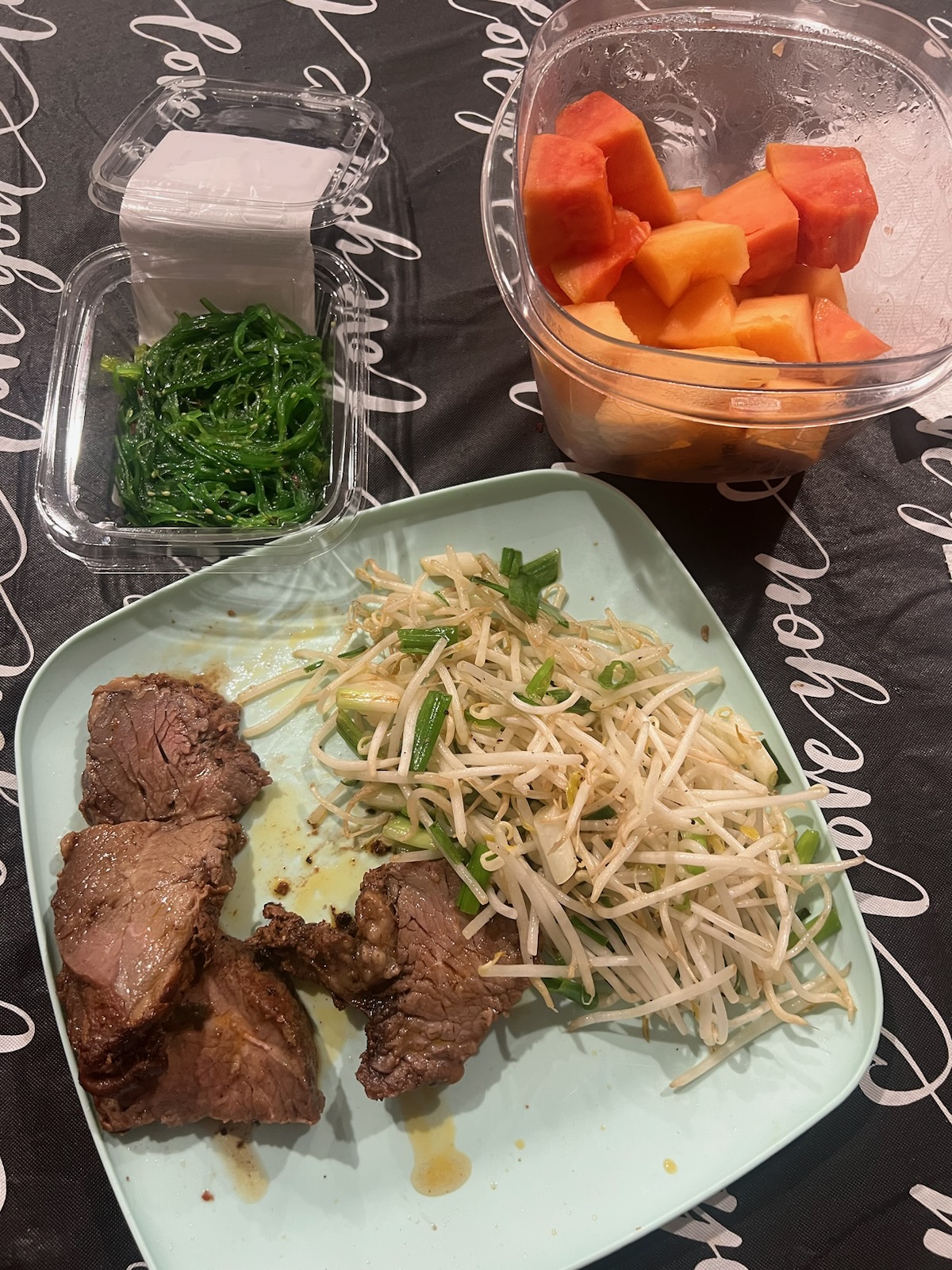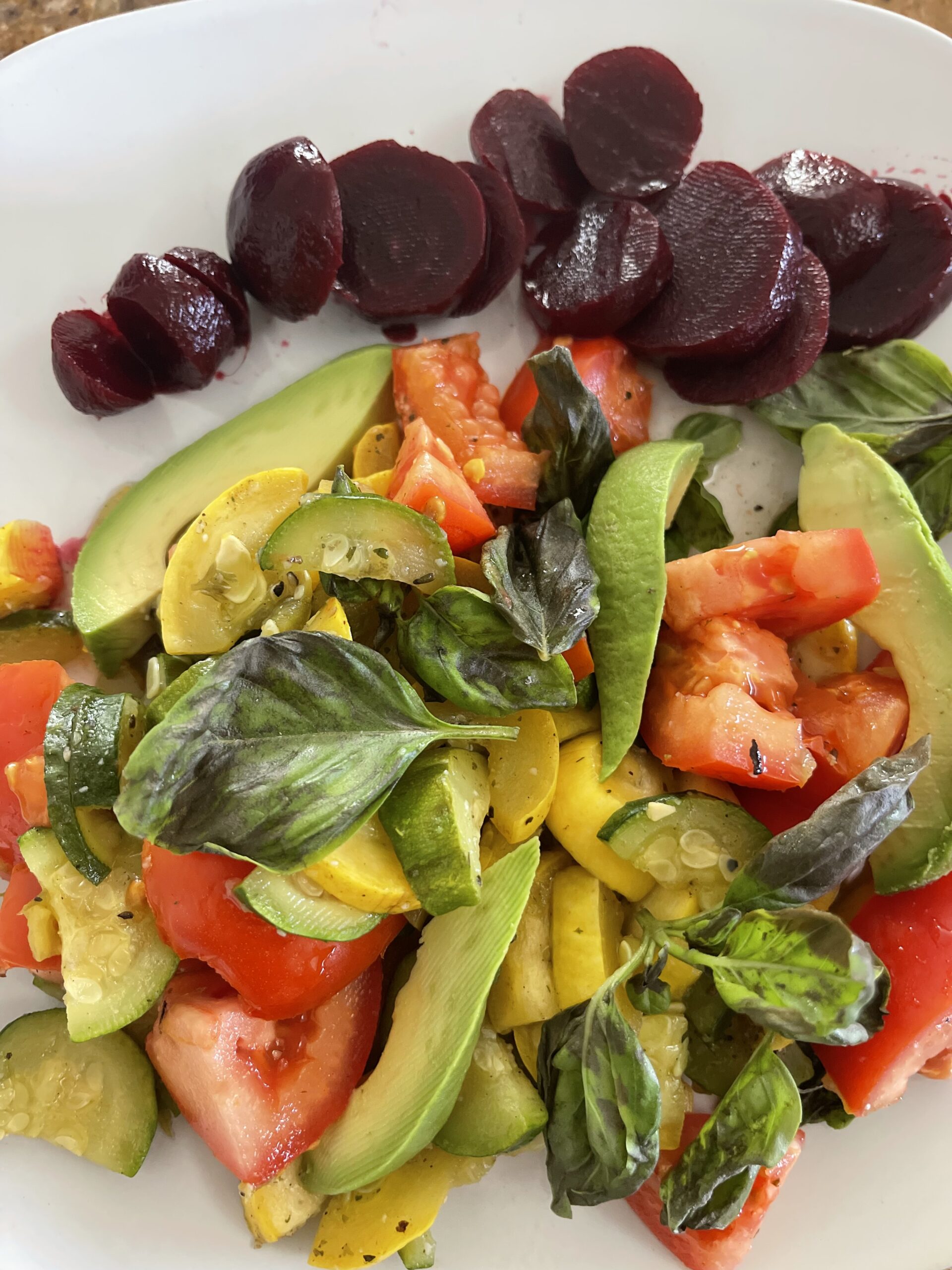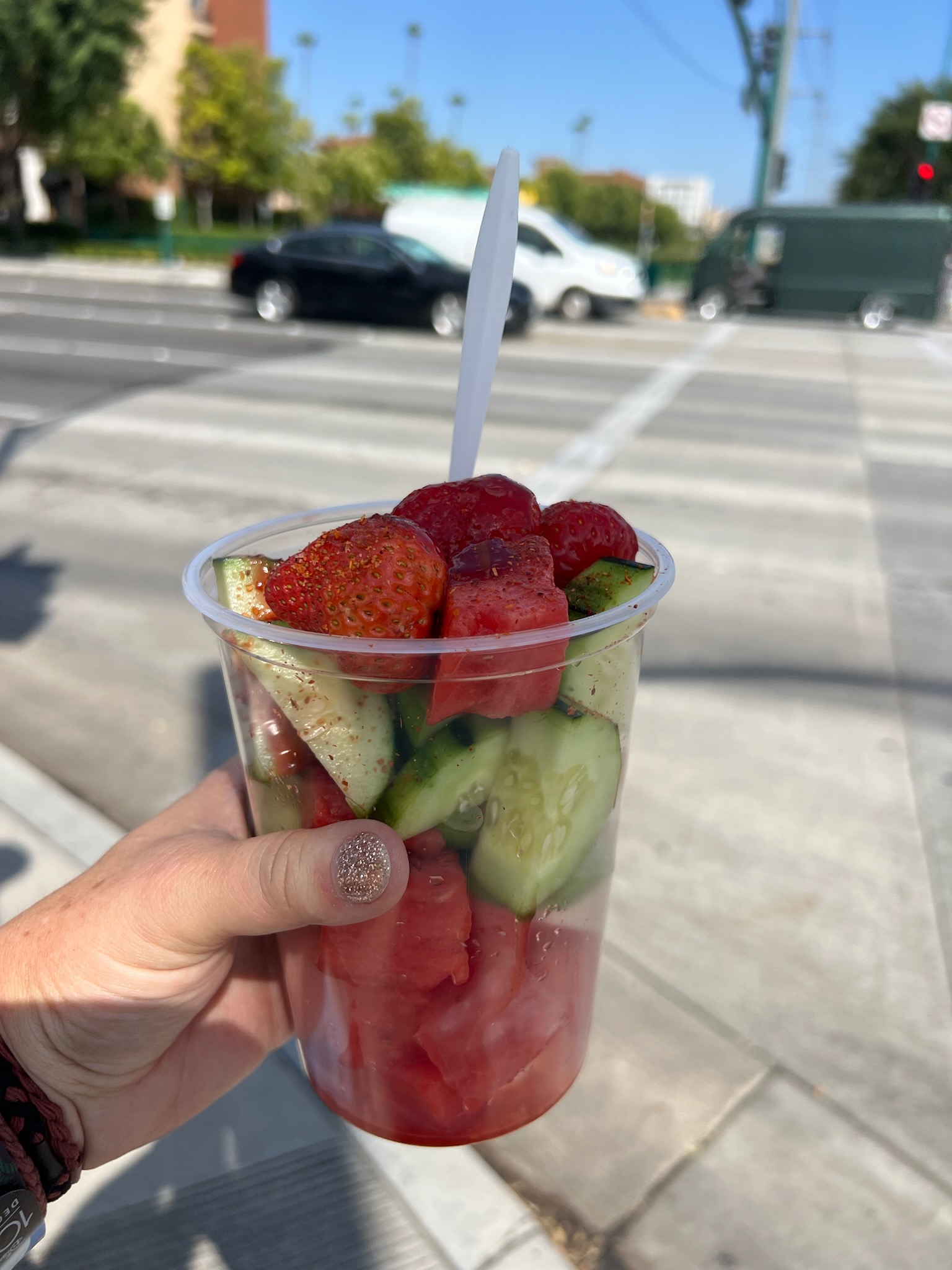Before stepping into a blood donation center, make sure you are well hydrated, your iron levels are up and your blood pressure is normal. This is my story and why this is so important. I created a perfect health storm sending me into a downhill spiral.
I did not check these things as I was eager to contribute to a noble cause, donating blood at this time of blood shortage throughout the county. However, my heart sank as the nurse delivered the disappointing news: my iron level measured a mere 11.1, falling short of the required 12.5 threshold. Determined not to be thwarted, I resolved to bolster my iron levels overnight, embracing a diet rich in iron-laden foods. With each bite of nutrient-dense spinach and succulent apricot, I felt a surge of determination coursing through my veins, propelling me toward my goal. The night passed in a whirlwind of anticipation and hopeful optimism, as I eagerly awaited the chance to try again.
As the sun rose on a new day, I returned to the donation center with a renewed sense of purpose, my heart pounding with anticipation. With bated breath, I awaited the results of my iron test, praying for a miraculous turnaround. To my elation, the numbers on the screen revealed a remarkable improvement: my iron levels had soared to 13.4, surpassing the required threshold for donation eligibility. With a sense of triumph coursing through my veins, I rolled up my sleeve, ready to make a difference.

However, the euphoria of success soon gave way to a wave of discomfort and dizziness. Despite my best efforts to stay hydrated and nourished, the aftermath of the donation left me feeling weak and lightheaded. After arriving home, I fainted and threw up. Fortunately, a friend was there who caught me and broke my fall before I hit the hard ceramic tile. Concerned for my well-being, I sought medical attention at urgent care, where the diagnosis of low blood pressure (90/60) underscored the toll that donation had taken on my body. With a heavy heart, I resigned myself to a day of rest, hoping that the symptoms would subside with time.
Yet, as the dawn of a new day broke, I found myself waking to a familiar sensation of sweat-soaked sheets and dizzy spells. Fearing the worst, I wasted no time in seeking medical assistance at the emergency room, where the persistence of my symptoms raised alarm bells. Despite a slight improvement in my iron levels to 13.1, the relentless onslaught of dizziness and weakness persisted, signaling a deeper underlying issue although the head EKG and other results on the blood test were all normal.
By Thursday morning, the situation had escalated, with my iron levels plummeting to a concerning low of 10. With no time to spare, I found myself in the ER again, this time hooked up to an IV drip for urgent hydration replenishment. The gravity of the situation dawned on me as the medical staff worked tirelessly to stabilize my condition. Before being released, the doctor stipulated I should terminate all blood donations, take iron every day for a week, and then every other day in subsequent weeks. He also said I must stay completely hydrated.
Transitioning into a new phase of recovery, I embraced a comprehensive regimen aimed at restoring my health and vitality. Daily iron supplements have become a staple, accompanied by a steady intake of pure coconut water and iron-rich foods like spinach and apricots. Armed with a newfound appreciation for the importance of balancing water, iron, and blood pressure, I am creating new recipes.
Finally, I revisited Kaiser for blood tests as per my doctor’s request, providing past medical records in addition to the recent ER blood tests for her comprehensive analysis. Through diligent care and lifestyle adjustments, I aimed to restore my health and prevent further complications.
CONCLUSION
Precautions to take before donating blood.
I am a perfect example of why as a caregiver it is important to take care of yourself first. Hydration is so critical that it cannot be overstated. Here are some important facts why:
- Dehydration can lower blood pressure
- Dehydration can also affect the body’s ability to regulate electrolyte balance
- The body may respond by the kidneys retaining sodium and water
- Dehydration can also lower iron levels in the body.
- Dehydration leads to reduced blood flow
- Dehydration leads to a reduced flow of oxygen and the production of red blood cells
- Dehydration can impair nutrient absorption, including iron
What also contributed to my complications was I was donating blood TOO SOON according to Canada which requires 12 weeks (or 2-3 months) after your previous donation. Not 28 or 56 days like you can here in the US depending on where you go and what you read.

Here is why you should wait 2-3 months (12 weeks/90 days) before donating after your previous donation, it takes your body 2-3 months to replenish its iron-rich blood storage fully. In my case, although, my iron was up from food the next day, my iron blood storage was not. I should not have been told I could come the next day if my iron was at the required 12.5 minimum. My iron storage could not go from 11.1 to 13.4 overnight. I tested at 13.4, but my overall storage could not biologically be fully restored. Therefore, donating blood depleted my storage of iron and water which also caused the drop in my blood pressure.
Don’t get caught in the same biological storm as me. STAY HYDRATED! & WAIT TO DONATE!



